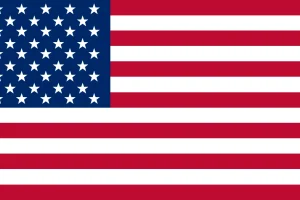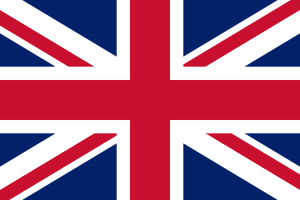Delivery of compassionate and high-quality healthcare transcends medical expertise. Cultural barriers in communication hinder effective treatment delivery, as communication between patients and healthcare providers has immense significance. Just as a writer’s work demands interpretation, medical care also requires such an interpretation to ensure that every patient receives the medical care they deserve. Healthcare interpreters are crucial partners that assist in overcoming communication barriers by offering different interpretation services on behalf of a healthcare institution or on behalf of the patients if requested or legally required.
The Importance of Interpretation Services in Healthcare
Access to interpretation-based services is important in providing high-quality healthcare to patients. An interpreter acts as a medium to overcome cultural barriers by ensuring accurate interpretations of medical terminologies and simultaneously explaining them to the patients. Here are a few reasons why interpretation services are necessary in healthcare.
1. Improvement in Communication and Patient Outcomes
Interpreting formal language in healthcare is difficult for patients to understand, especially for those who speak in different languages, which may act as a hindrance in their understanding of the words or even the subject of discussion. Skilled interpreters act as a bridge between healthcare providers and patients and enable patients to fully comprehend the meaning through a simple explanation of data relayed to them by healthcare providers. Thus, they play an important role in helping patients understand their diagnosis and treatment as well as in their decision-making process.
2. Enhance Patients’ Satisfaction
Healthcare systems revolve around the treatment and curing of diseases. When patients feel heard and understood in this process, their satisfaction with the medical care provided greatly increases. Thus, different interpretation services have the capacity to influence another’s behavior by presenting various elements of communication in a meaningful way.
3. Legal and Ethical Obligations
In many countries around the world, access to various facilities of interpretation is not just a service but a requirement mandated by law. Thus, patients are legally protected by law to be provided interpretation services by the healthcare institution. If such healthcare institutions fail to provide such interpretation services, they may have to face legal ramifications in the future.
4. Culturally Competent Healthcare
Providing a culturally compliant healthcare environment where patients not only have access to quality medical care but also to different interpretation services that respect their cultural beliefs and values fosters a relationship of trust and mutual understanding while also ensuring that patients adhere to medical treatment and doctors’ suggestions in the manner recommended. This not only helps healthcare providers to deliver faster services but also helps patients make well-informed decisions.
Challenges in Implementing Interpretation Services in Healthcare
While it is evident that interpretation services have definite advantages in the healthcare sector, there are various challenges that healthcare institutions face to provide such elements of interpretation services.
Resourcing Difficulties
While there are institutions that offer charitable interpretation services, it is not always possible to avail themselves of interpretation services. The unavailability of interpretation service providers is the biggest problem in such cases. Hiring interpretation service providers can be costly, which is another hurdle to providing affordable interpretation services to patients.
Privacy and Confidentiality Concerns
Confidentiality of patients’ information is of utmost importance and concern to healthcare providers. In case some patients require on-call medical advice, it may be difficult for both the patients and the interpretation service providers.
Budget Constraints
Besides being costly to hire, interpretation service providers require training and upskilling to keep up with the different interpretations and explanations. This can put a financial burden on healthcare institutions in maintaining the services of interpretation service providers.
Overcoming Interpretation Barriers
Addressing interpretation barriers is important to provide quality healthcare to patients by promoting effective utilization of interpretation services in healthcare.
Create an Access Plan
Allocating a little something for interpretation services in the budget can be a start to demonstrating the importance and effectiveness of interpretation service providers in healthcare. With greater success of healthcare delivery and higher patients’ satisfaction and outcomes, interpretation services may get more emphasis with time.
Partnering with Charitable Interpretation Service Providers
To keep a minimal allocation for interpretation services when starting out, seek help from institutions that offer charitable interpretation services.
Translating Patients’ Education Material
One of the most cost-efficient ways to ensure minimal requirement of interpretation services in case other ways cannot be opted for is to ensure that information brochures, patient education materials, and other such elements are well translated. This would ensure that patients would obtain the required information from such materials regardless of their cultural background.
Takeaway
Languages, just like music, are considered art when it comes to interpreting or translating. By interpretation, we mean the underlying meaning of certain elements, such as biblical interpretation of characters, requires the realization of underlying meanings. Interpretation of another’s artistic expression requires immense knowledge and dexterity in languages to provide a meaningful interpretation of their words. Artistic interpretation requires skilled interpreters who serve as a bridge between the interpretation and the listeners. Interpretation is of utmost importance when it comes to providing healthcare services to patients who do not speak or understand the officially used languages at a healthcare provider or institution. This is where medical interpreters come into play to assist healthcare providers or patients by offering their interpretation services to help both parties involved overcome communication barriers.
For any interpretation requirements, drop an e-mail at [email protected] or contact us.









